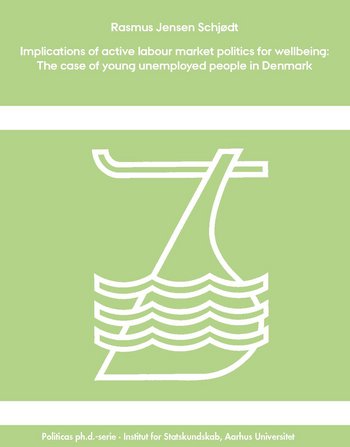Rasmus Jensen Schjødt
Implications of active labour market politics for wellbeing: The case of young unemployed people in Denmark

Active labour market policies have become popular across OECD countries as a means to ensuring high levels of employment. These policies usually comprise both elements of support for the unemployed to find work, such as skill development, and elements of behavioural conditionalities, such as mandatory job search activities.
Evaluations of these policies usually focus on labour market outcomes while ignoring other potentially important outcomes, for example, how they affect the wellbeing of the unemployed. However, as these policies, including the use of conditionalities and sanctions, are expanded to more vulnerable groups of unemployed, knowing more about their effects on wellbeing becomes more pertinent. In addition, understanding effects on wellbeing may well be important for understanding effects on labour market outcomes.
Based on a qualitative longitudinal case study of a group of young unemployed people in a Danish municipality, this dissertation examines how active labour market policies affect the basic psychological needs of the unemployed. It examines how citizens experience different aspects of these policies, including the overall active labour market ‘system’, encounters with frontline workers and specific interventions, such as job placement and courses. The dissertation presents a proposal for a theoretical framework that can help advance our understanding of how different aspects of active labour market policies affect different aspects of wellbeing for vulnerable unemployed citizens.
![]() Ophavsretten tilhører Politica. Materialet må ikke bruges eller distribueres i kommercielt øjemed.
Ophavsretten tilhører Politica. Materialet må ikke bruges eller distribueres i kommercielt øjemed.